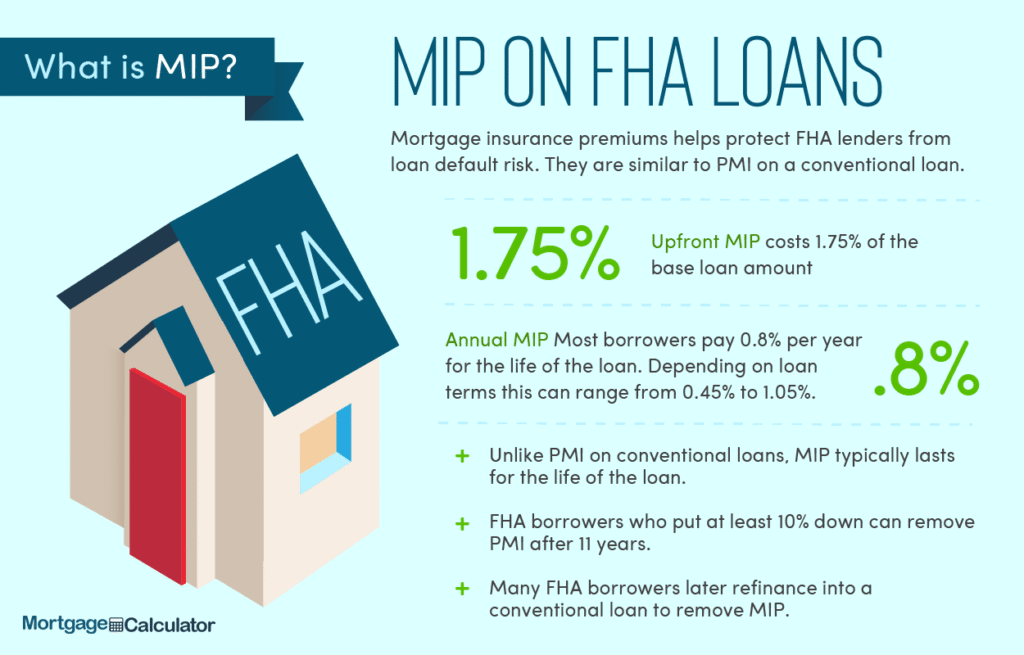Whether you’re walking into a car dealership, browsing through a software solution, or considering an insurance policy, the person you’re talking to plays a crucial role in your decision-making process. However, in a landscape flooded with sales pitches and marketing speak, it can be challenging to discern whether the person you’re interacting with is a salesperson or an advisor. Knowing the difference can significantly impact your choices and satisfaction.
Understanding the Salesperson Role
A salesperson’s primary goal is to close a sale. They are often driven by quotas and commissions. Although many are knowledgeable about the products or services they sell, their advice might be biased towards making a sale.

Identifying an Advisor
Advisors, on the other hand, focus on providing information and guidance based on your needs and interests. They aim to build a relationship and trust, often prioritizing your satisfaction over an immediate sale.
Questioning Techniques
Salespeople might ask questions that lead you towards a purchase decision, while advisors ask open-ended questions to understand your needs better.
Evaluating Product Knowledge
Both salespeople and advisors should have thorough product knowledge, but advisors often provide more detailed information and potential alternatives.
The Urgency Factor
Salespersons may create a sense of urgency to push for a quick decision. Advisors allow you the time to consider your options.
After-Sale Support
Consider how each handles after-sale support. Advisors are more likely to provide ongoing assistance and check in on your satisfaction.
Commission vs. Salary
Understanding how they are compensated can also provide insights. Salespeople typically earn commissions, while advisors might be on a salary.
The Role of Empathy
Advisors tend to show more empathy, aiming to understand and solve your problems rather than just sell a product.

Listening Skills
A key indicator is how well they listen. Advisors spend more time listening to your needs, while salespeople might focus more on talking.
Personalized Recommendations
An advisor is more likely to offer personalized recommendations, carefully considering your unique situation.
Transparency
Advisors are generally more transparent about both the pros and cons of a decision, while salespeople may downplay negatives.
Long-term Thinking
Advisors think in terms of long-term relationships and customer satisfaction, which influences their recommendations.
Pressure Tactics
Salespeople might use pressure tactics or emotional appeals to influence your decision.
Conflict of Interest Disclosure
An advisor is more likely to disclose potential conflicts of interest.
Adjusting to Your Timeline
Advisors are more flexible regarding your decision-making timeline.
Brand Loyalty vs. Solutions Fit
Salespeople may prioritize brand loyalty, while advisors focus on finding the best solution for you, regardless of the brand.
Conclusion
Discerning between a salesperson and an advisor can profoundly affect your decision-making process and satisfaction with a purchase or investment. By recognizing the signs and understanding their motivations, you can better navigate conversations and choose who to trust. As consumer awareness grows, the value of genuine advisement cannot be understated.
Frequently Asked Questions
How can I ensure I’m talking to an advisor and not a salesperson? Look for signs of genuine interest in your needs, such as detailed questioning, a lack of pressure tactics, and transparent information.
Is it bad to buy from a salesperson? Not necessarily. Salespeople can also offer valuable products and services. The key is to be aware of their motivations and ensure you’re making an informed decision.
Can a salesperson also be an advisor? Yes, some individuals effectively combine both roles, providing honest advice while facilitating a sale. Their approach is more consultative.
Are advisors always unbiased? While advisors aim to be unbiased, it’s important to be aware of any potential conflicts of interest and ask about their compensation model.
How do advisors get paid? Advisors are often paid a salary or via a fee-for-service model, which can reduce the conflict of interest inherent in commission-based roles.


